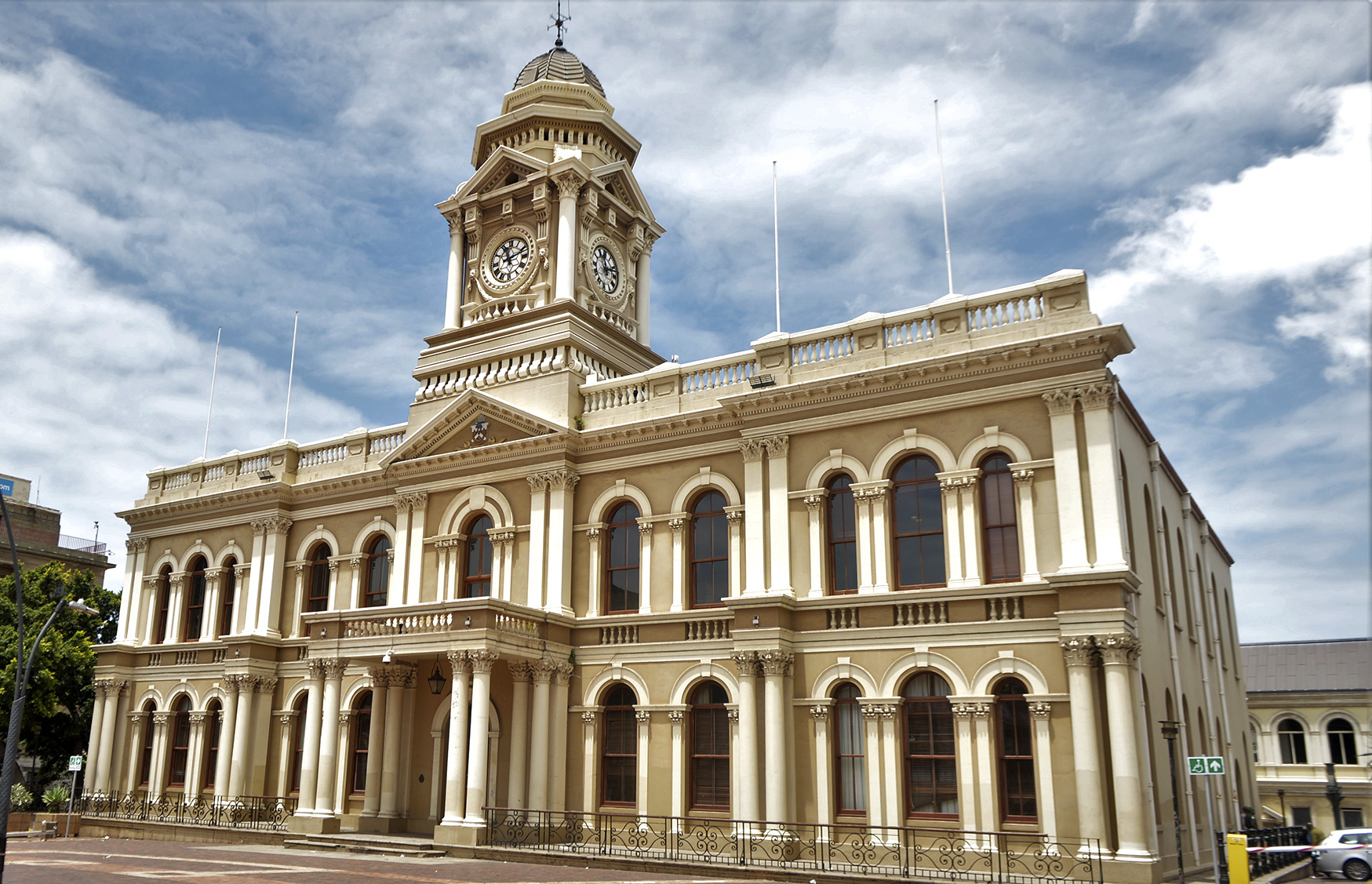Three former senior municipal officials from the Nelson Mandela Bay metro have approached the Constitutional Court to overturn a Supreme Court of Appeal ruling that they could be liable to pay back the money if they were responsible for the unauthorised, irregular, fruitless and wasteful expenditure.
Read more: Landmark SCA ruling opens door for Nelson Mandela Bay to reclaim millions in wasteful expenditure from officials
The court had ordered the three former officials to pay several million rand back to the municipality.
In a single metro, such as the Nelson Mandela Bay Municipality, and for a single project — the multibillion-rand Integrated Public Transport System — this ruling has opened the door for multimillion-rand claims to be recovered from municipal officials.
Metro spokesperson Sithembiso Soyaya said they have, however, not been able to commence with legal action against the specific officials mentioned in the Supreme Court of Appeal’s ruling because three senior former directors of the municipality had taken the case to the Constitutional Court.
“Three of the defendants, Mpilo Mbambisa, Trevor Harper and Walter Shaidi, have applied to the Constitutional Court for leave to appeal the judgment of the Supreme Court of Appeal. The application is opposed by the municipality, and further directions are presently awaited from the chief justice as to the manner in which the application is to be dealt with,” Soyaya said.
“The consequence of the application is that the operation and execution of the judgment is suspended by law pending the decision of the Constitutional Court, and the municipality may accordingly not proceed with the recovery of the judgment debt from the defendants,” he said.
‘Not what the law intended’
Lawyers have previously argued that municipalities can only act against officials if it can be proven that the entity itself had suffered damages. But Supreme Court of Appeal Judge Ashton Schippers, writing on behalf of the court, ruled last year that this was not what the law intended.
Judge Schippers wrote in the reasons for dismissing an appeal by several former senior officials from the metro that Section 32 of the Municipal Finance Management Act makes it clear that the law was intended to create personal liability on the part of municipal officials in particular circumstances.
“The meaning conveyed by the wording of Section 32 is clear and unambiguous. Liability arises as soon as an official intentionally or negligently incurs unauthorised, irregular, and fruitless and wasteful expenditure: (It) is not conditional upon a municipality sustaining loss or damage,” Judge Schippers said.
The case that served before the Supreme Court of appeal is one of many cases that arose from the creation and establishment of the metro’s Integrated Public Transport System, with a R2-billion grant from National Treasury. The whole project has been mired in controversy, mismanagement and criminality from the start. It has been investigated several times, and several municipal officials and business people are on trial for racketeering and fraud relating to the use of these funds.
Read more: Empowering communities: how public participation can revitalise South Africa’s local governance landscape
The former officials who are taking the Supreme Court of Appeal’s ruling to the Constitutional Court are former city manager Advocate Mpilo Sakile Mbambisa; former chief financial officer (CFO) Trevor Harper, and the former executive director for infrastructure and engineering, Walter Shaidi.
There were several claims against the officials and Judge Schippers ordered that they pay back the metro as follows: Mbambisa and Shaidi were ordered to pay back R5,2-million, along with other officials, as well as interest and the cost of the protracted legal battle in one claim. Shaidi was also on the hook for another R1,39-million as well as interest and legal costs in another claim, and another R984,197 that also included Mbambisa.
The municipality’s case was that approving the appointment of Erastyle was a violation of the Constitution and supply chain management policy. Further decisions to approve the R6-million payment, lift the cap on payments to Erastyle and a decision to increase the contract value from R6-million to R6,9-million were unlawful and invalid.
The court heard that in December 2013, the Treasury had paid an amount of about R2.1-billion to the municipality. The investigation by Deloitte, which commenced in February 2014, was aimed at establishing the amounts of money transferred to about 300 key suppliers involved in the Integrated Public Transport System project and to locate the documents supporting those payments.
The investigation revealed that invoices had been overinflated. For example, an invoice from Erastyle was submitted for the payment of R5,2-million, whereas the value of the work allegedly done was only R2-million.
According to the Supreme Court of Appeal’s order the three men are on the hook for millions of rand should it stand.
Mbambisa and Harper were found to be responsible for R5,2-million with other defendants, as well as a claim of R1,3-million.
The order further provided that Mbambisa, Harper and Shaidi must pay back R984,197.21. DM
South Africa
Landmark SCA ruling taken on appeal by Nelson Mandela Bay municipal officials owing millions
Three former senior officials in the Nelson Mandela Bay Municipality have approached the Constitutional Court for leave to appeal against a ruling that they personally pay back millions in wasteful expenditure relating to the metro’s ill-fated Integrated Public Transport System.





